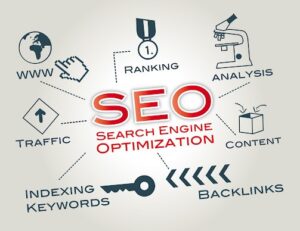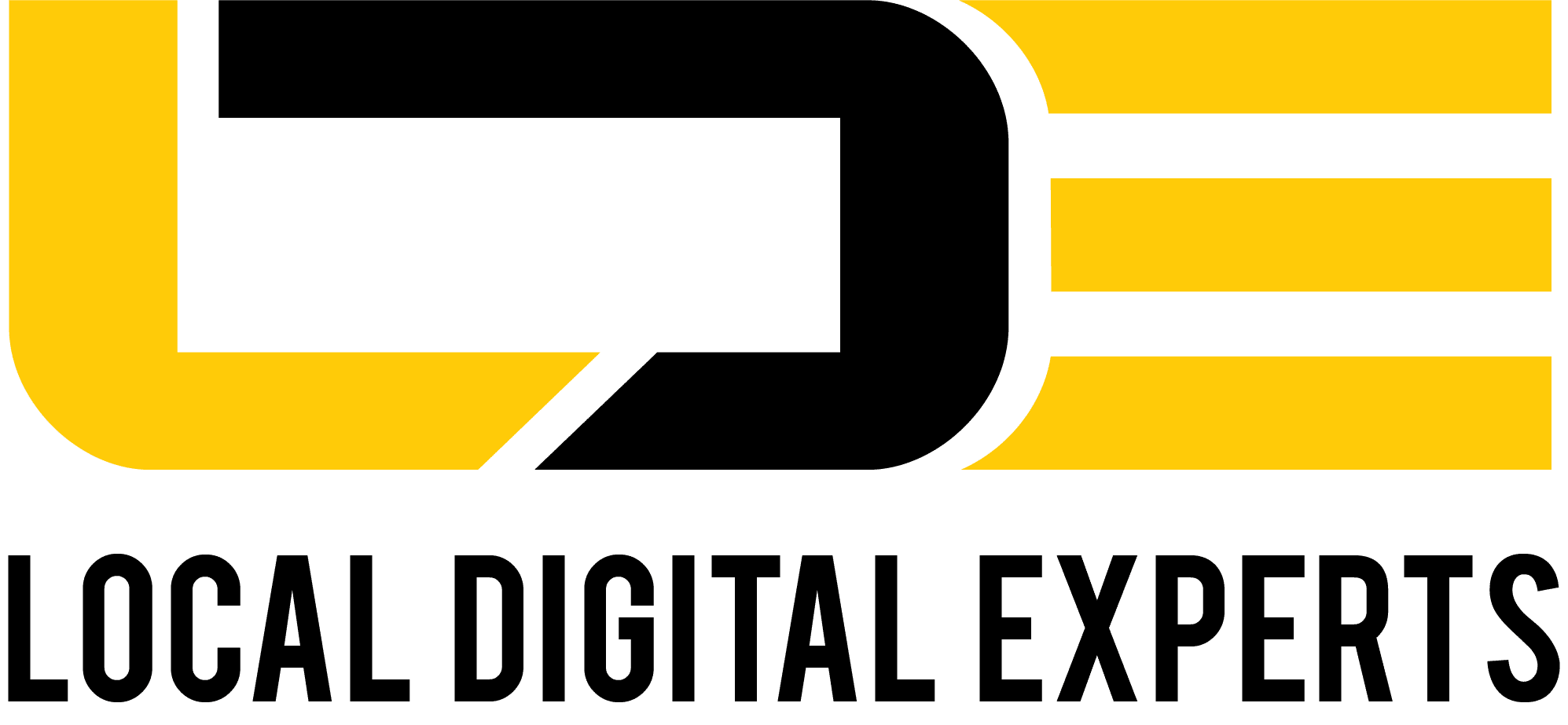
No matter what stage your website is in, you need it to look and function well so you can reach your clients and enhance your business. One of the best ways to better your site is to utilise search engine optimisation, or SEO. Discover The Basics of SEO.
But what is SEO, what does it do and how, exactly, should you implement it? Read on to learn more about this marketing strategy so your website can work effectively for your benefit.
What SEO is and how it works
As mentioned above, SEO stands for search engine optimisation. But what does that mean? Essentially, SEO is a marketing practice that enhances a website and its subsequent pages so they rank as highly as possible on a search engine results page (or a SERP). The higher a page appears on a SERP, the more visible it becomes to internet users.
It’s all about organic searches
SERPs contain two different kinds of results: paid and organic. You can pay for ads to appear at the very top of a SERP, but that can be costly. SEO, however, focuses on organic ways to improve SERP rankings. It can take time for pages to reach a high ranking organically, but relying on an expert can ensure the work — and wait — is well worth the effort.
Algorithms and keywords play an important role
A web page’s organic ranking doesn’t just happen by sheer luck. A search engine’s algorithms are key in determining that ranking. And it all starts with a user’s online search. The term a person types into Google (or another search engine) is called a “keyword,” and the search engine’s algorithm uses crawlers, or bots, to move through a website and detect that keyword.
Keywords should help direct the content on each page and establish its theme. By placing keywords higher up on a page, such as in a headline, bots can detect them sooner and determine what your web page is about — and how closely it relates to a user’s search query. The closer a page relates, the higher it ranks organically on a SERP.
On- and off-site factors also matter
On-site components include the aspects of your website that you can directly control and influence. For example, how well your website was built, your website’s speed and coding and the quality of the content. If any of these aspects of your website are lacking, you can improve them to help enhance your site and increase rankings.
Off-site factors, however, aren’t in your control, but they have a great impact on your SEO rankings. They’re basically everything that happens off your own website, including social media and links on your site to other web pages. While you can’t completely control these factors, you can influence them slightly. For instance, you can ensure your site includes quality links rather than spam-ridden ones to build trust and authority in your site.
Penalties can occur
It may seem tempting to take shortcuts or cram your site with dozens of keywords and links to other websites, but ignoring quality can hurt you in the long run. Common penalties include:
- Filling your site with low-quality or spam-ridden content
- Including threatening or harassing content on your site.
- Redirecting pages to other untrackable pages.
- Stuffing or hiding keywords across your website.
While you can fix these issues, the penalties can cause problems with your SERP ranking, so it’s best to stick to SEO best practices and avoid penalties as much as possible.
How you can get started with SEO
You could try to focus on SEO and implement the tactics yourself, it’s best to rely on a professional for those services. Turn to the team at Local Digital Experts for SEO services. We’ll work with you to optimise your site so it can rank higher and help you reach new clients.
